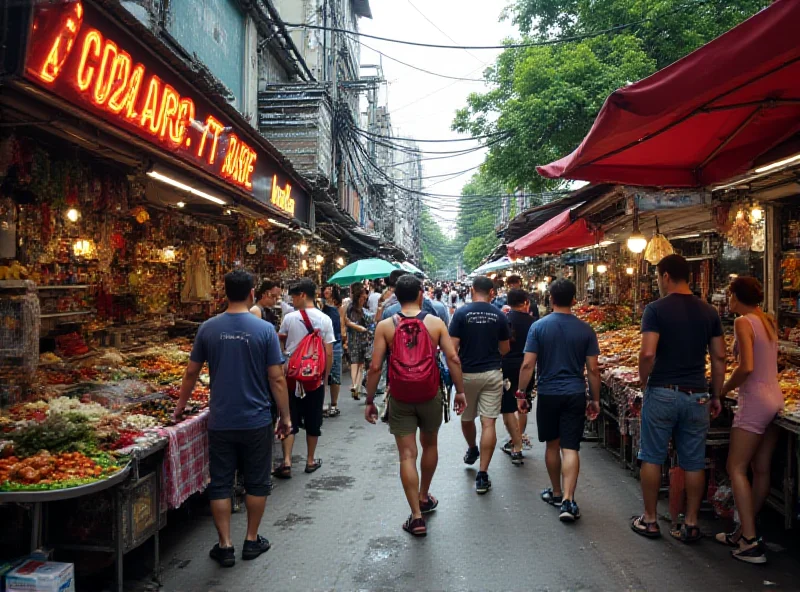The global economic landscape is constantly shifting, with new trade routes emerging and existing relationships being re-evaluated. Recent developments highlight these dynamics, from a groundbreaking air route connecting Brazil and China to pricing anomalies in Canadian grocery stores and a credit rating downgrade for Thailand.
Brazil and China Forge Stronger Ties
A new air route is set to revolutionize commercial relations between Brazil and China. Three weekly flights will now connect Xiamen, a bustling port city in China, with São Paulo, Brazil's economic powerhouse. This unprecedented link is expected to facilitate increased trade, investment, and cultural exchange between the two nations.

“This new air route is a testament to the growing importance of the Brazil-China relationship,” says one trade analyst. “It will significantly reduce travel time and transportation costs, making it easier for businesses to operate in both countries.” The route is anticipated to benefit a wide range of industries, including agriculture, manufacturing, and technology.
Canadian Grocery Prices: A Tariff Tale
Meanwhile, north of the border, Canadian grocery shoppers are observing an interesting trend. While imported American products are being offered at steep discounts, the prices of many Canadian-made goods remain relatively stable. This phenomenon has sparked debate among consumers and economists alike.
According to a professor of strategic management, this pricing disparity is not entirely unexpected. Tariffs and other trade policies can create complex market dynamics.  Factors such as supply chain considerations and competitive pressures also play a significant role in determining retail prices. Consumers are encouraged to compare prices and make informed purchasing decisions.
Factors such as supply chain considerations and competitive pressures also play a significant role in determining retail prices. Consumers are encouraged to compare prices and make informed purchasing decisions.
Thailand's Economic Outlook: A Downgrade
In Southeast Asia, Thailand's economic prospects have come under scrutiny. A Chinese credit ratings firm has downgraded Thailand's credit rating, citing concerns over crime scandals and broader economic challenges.
High-profile incidents, including the abduction of a Chinese actor, have raised concerns about Thailand's reputation as a safe and attractive tourist destination.
"The abduction case has tarnished Thailand’s image as a tourist hotspot," the credit ratings firm stated in its report.This, coupled with other economic headwinds, has led to a more cautious outlook on Thailand's financial stability. The downgrade serves as a reminder of the interconnectedness of global economies and the importance of maintaining a stable and secure environment for businesses and tourists alike.

These diverse developments – the Brazil-China air route, Canadian grocery pricing, and Thailand's credit rating downgrade – illustrate the complex and ever-changing nature of global trade and economic relationships. They highlight the importance of staying informed and adapting to these shifts in order to navigate the global marketplace successfully.
